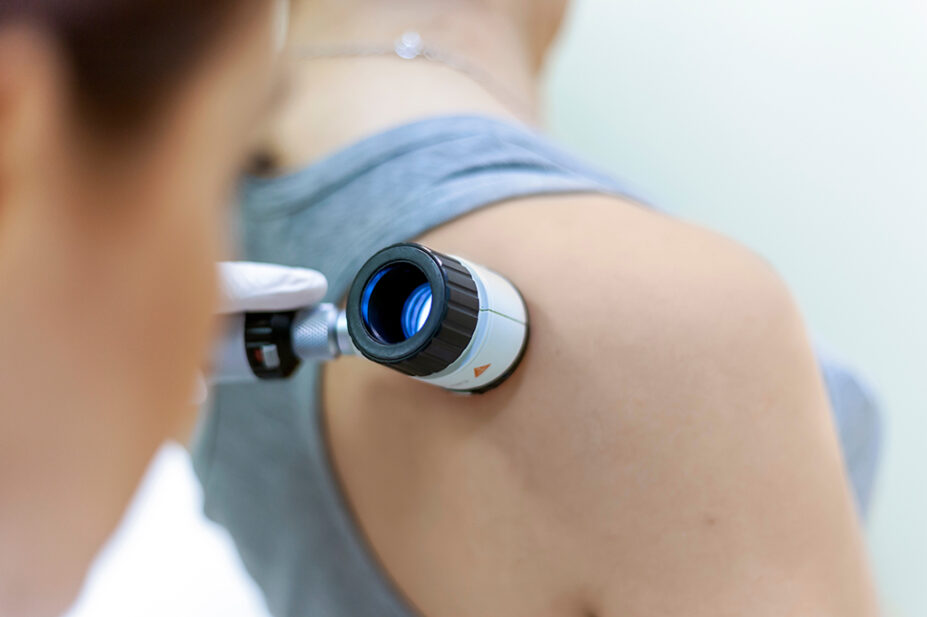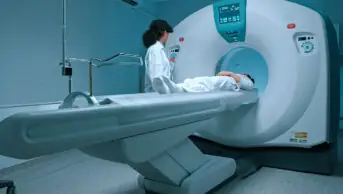
Shutterstock.com
Study results suggest that combination treatment for melanoma patients with neoadjuvant nivolumab + ipilimumab, followed by surgery, reduced the risk of progression, recurrence or death by 68% in patients compared with adjuvant nivolumab alone before surgery.
The phase III NADINA study — results of which were presented at the 2024 American Society of Clinical Oncology (ASCO) annual meeting, held in Chicago, Illinois, from 31 May to 4 June and published in the New England Journal of Medicine — revealed that the 12-month event-free survival rate for patients with macroscopic stage III node-positive melanoma was 83.7% with combination treatment, compared with 57.2% for adjuvant therapy alone.
A total of 423 patients were randomly assigned to one of the two treatments before therapeutic lymph node dissection.
Subgroup analyses also favoured the nivolumab + ipilimumab treatment across all subgroups.
Susanna Daniels, chief executive of charity Melanoma Focus, said: “The NADINA study is a phase III study and builds on the evidence of a previous neoadjuvant study (PRADO). Two cycles of ipilimumab and nivolumab are administered before surgery, followed by adjuvant treatment.
“By giving two to three doses of immunotherapy prior to surgery (however not altering the total amount of immunotherapy treatment overall) [it] improves the event-free survival, and the NADINA study had an additional element where no further adjuvant treatment was given in 59% of patients who had a major pathological response.
“These neoadjuvant studies were not registration studies and therefore increasing pressure from oncologists will likely be placed on NHS England and the Scottish health boards to adopt a change in practice, leading to an improvement in event-free survival and potentially saving the NHS funds.”
Dharmisha Chauhan, specialist oncology pharmacist at the Royal Marsden NHS Foundation Trust, said: “Combination immunotherapy has proven an effective approach for metastatic melanoma patients and the NADINA study signals another approach which could enter clinical settings in the future.
“Overall, the NADINA study proposes another way combination immunotherapy can be used to improve patient outcomes earlier within the treatment pathway.”
Research published in October 2019 also showed that combination immunotherapy for melanoma improved long-term survival rates.


